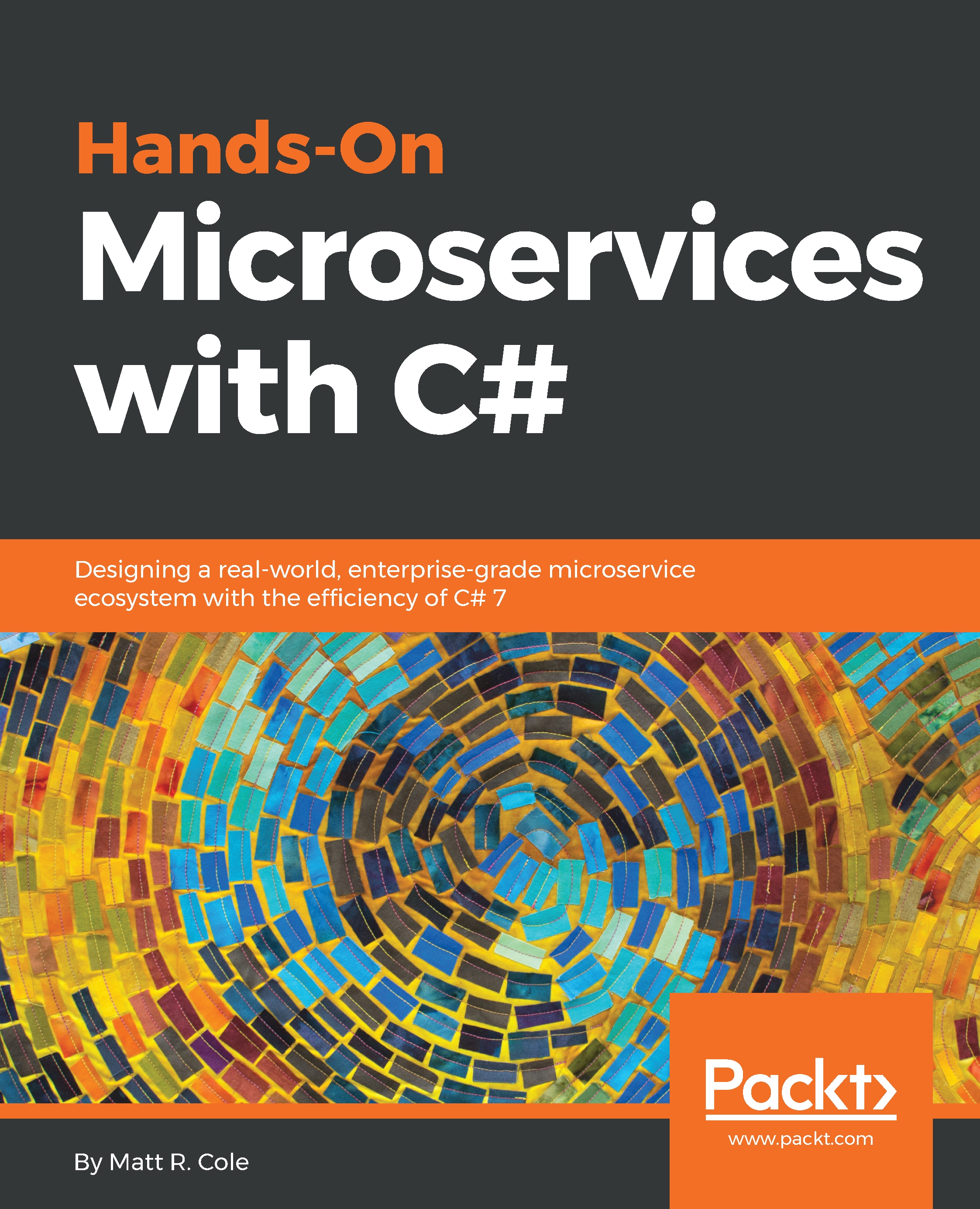As usual, we will create a Console App (.NET Framework) for our microservice:

In this microservice, we will use an open source library to help us with the quant work. This library is QLNet.dll and you can find the source for it on GitHub at https://github.com/amaggiulli/QLNet. As we did in our Chapter 9, Creating a Machine Learning Microservice chapter, we are going to reference the QuantLib framework via .dll instead of the NuGet package. Again, you have the freedom to do whatever you like when you implement your full version:

Once this library is installed, we are ready to go. In order to communicate throughout our system, we are going to have to create some common messages, just as we did for the other microservices. Let's start out with one for a CDS. A CDS is basically insurance, insurance against non-payment or a default on payments. If you remember,...


